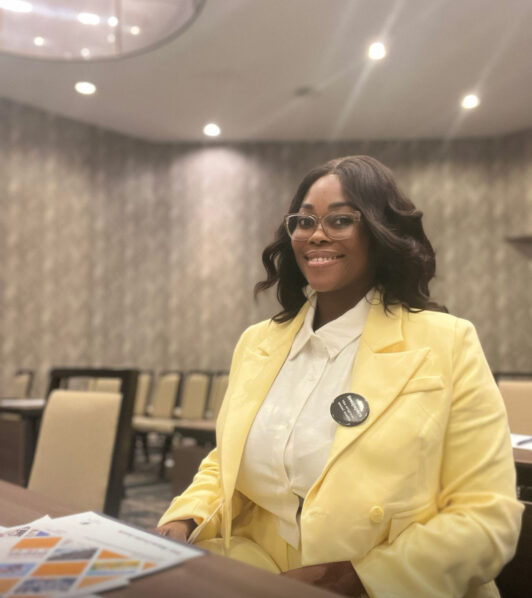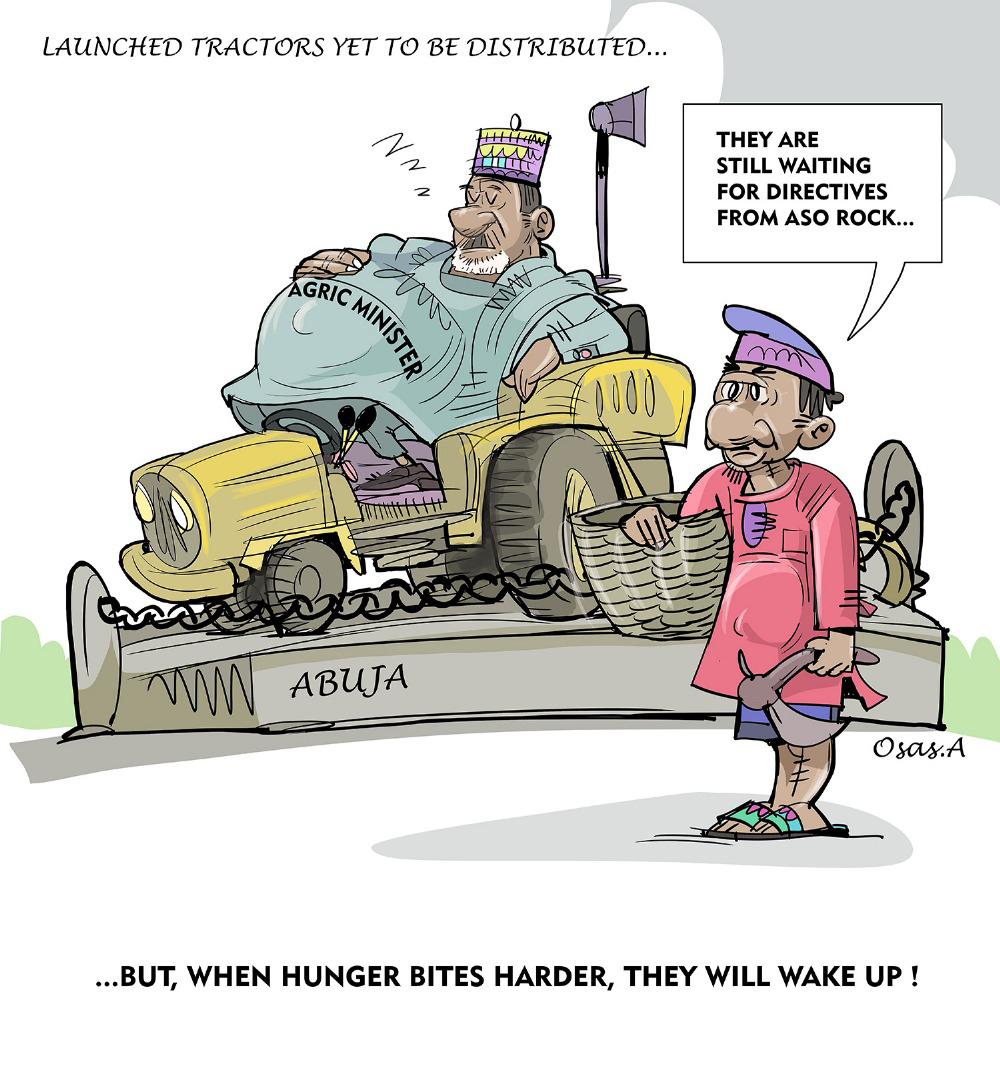
Many have argued that homosexuality in Nigeria is a Western import, a concept imposedthrough colonization and Western influence. However, historical evidence and cultural narratives
suggest otherwise. George Olusola Ajibade’s examination of Yoruba oral literature in 2013 unraveled ideas of lesbianism and gay culture among the Yoruba people, including references
to same-sex relationships and gender fluidity.
Among the Hausas, the existence of the yan daudu, men who adopt feminine roles, dates back to periods long before the arrival of Arab Islamic traders. Similarly, in Igbo culture, there are accounts and practices that acknowledge same-sex relationships and non-binary gender expressions. These cultural elements demonstrate that homosexuality and diverse gender identities existed in Nigeria long before colonial rule, deeply embedded within the fabric of its traditional societies.
Why, then, is homosexuality often labeled abnormal? Why are there strong political and religious forces attempting to control people’s sexuality? One could argue that this control stems from the enduring influence of colonial-era laws and the power structures they left behind. Religious leaders and political figures in Nigeria leverage anti-LGBTQ sentiments to consolidate their authority and appeal to conservative biases.
Many conservative religious leaders cite scriptures to denounce homosexuality in a country with a cultural history that includes practices like burying a king with virgins and human heads. This selective interpretation of tradition and religion serves to maintain social control and distract from other pressing issues such as economic instability and the corruption that has eaten away at our system. Our leaders would rather enact laws to marginalize LGBTQ+ individuals and restrict their rights than address the root causes of poverty, unemployment, and infrastructural decay.
Increased harassment, violence, and discrimination, reports of arbitrary arrests, extortion by law enforcement, and social ostracization have surged since the enactment of the Same-Sex Marriage (Prohibition) Act of 2014. This legislation not only reinforced the criminalization of same-sex relationships but also outlawed the formation of LGBTQ+ organizations and public displays of same-sex affection. Violators face severe penalties, including up to 14 years in prison for entering into a same-sex marriage and 10 years for supporting LGBTQ+ rights groups.
Despite the harsh legal and social climate, Nigerian LGBTQ+ activists and organizations
continue to fight for their rights and visibility. Groups like the Women’s Health and Equal Rights Initiative (WHER Nigeria), Initiative for Equal Rights (TIERs), and the Bisi Alimi Foundation work tirelessly to provide support, raise awareness, and advocate for policy changes. The questions that arise are crucial: What harm does homosexuality cause? Are people harmed if we don’t permit it? Are people harmed if we do?
As Pride Month is marked around the world, it is imperative to acknowledge the resilience and
courage of Nigeria’s LGBTQ+ community. Their struggle is a testament to the universal fight for human rights and dignity. While the road ahead is challenging, the continued efforts of activists and allies offer a glimpse of hope for a more inclusive and accepting future.
This is a clarion call for action against the systemic discrimination and persecution that LGBTQ+ individuals face daily. It is a reminder that true progress is measured by how society treats its most vulnerable members. This means standing up against oppressive laws and fostering an environment where everyone can live freely and authentically. Together, through solidarity and persistent advocacy,
we can strive towards a world where love and identity are celebrated, not condemned.
Onianwa is a graduate student of Journalism and Strategic Media at the University of Memphis. She can be reached via [email protected]






